25 Mar

Let’s see in this E-Commerce VS Brick-and-Motor Store who is the winner?
Nowadays many purchases involve both digital and physical browsing of goods. Often a purchase begins with online research followed by a visit to the store to make a purchase, or equally a purchase may start with a customer examining the product in-store but making the purchase online. And with the prevalence of smartphones and other mobile devices, shoppers can perform their online research and price comparisons while in the stores.
Before moving towards E-Commerce VS Brick-and-Motor Store we first need to understand what is e-commerce and why people prefer an e-commerce over brick and mortar store.
What is E-Commerce?
In simple terms, commercial transactions that are conducted electronically on the Internet are called e-commerce or “electronic commerce”. Or when people buy and sell goods (and services) using the Internet, and the transfer of money (and data) happens as a result of that, it is called e-commerce.
E-Commerce has evolved a great deal to make products easier to discover and purchase through different online retailers and marketplaces. And today everyone starting from small businesses, freelancers, and even large corporations have benefited from e-commerce in some way or the other. E-Commerce has helped these people and businesses to sell their goods and services at a scale which was incomprehensible even two decades back.

Types of E-Commerce
Let’s look at different kinds of e-commerce models:
Business to Consumer (B2C): When a business sells a good or service to an individual consumer (e.g. you buy a pair of denims from Amazon).
Business to Business (B2B): When a business sells a good or service to another business (e.g. eJuices.co is a wholesale marketplace for retailers that are specialized in selling vape products, eJuices, vape juice and premium eLiquids)
Consumer to Consumer (C2C): When a consumer sells a good or service to another consumer (e.g. you sell your hand-made soap to another customer through eBay or Etsy).
Consumer to Business (C2B): When a consumer sells her own products or services to a business or organization (e.g. Influencer marketing where a social media influencer gives a business access to their audience for a fee)
What is Brick-and-Motor Store?
A brick and mortar store is a business or retail outlet that has at least one physical location. Traditional stores that you find in your local shopping mall are known as brick and mortar stores.
Many customers still prefer a brick and mortar store where they can physically view the product before buying it as well as asking the advice from physical rather than virtual shop assistants.
E-Commerce VS Brick-and-Motor Store
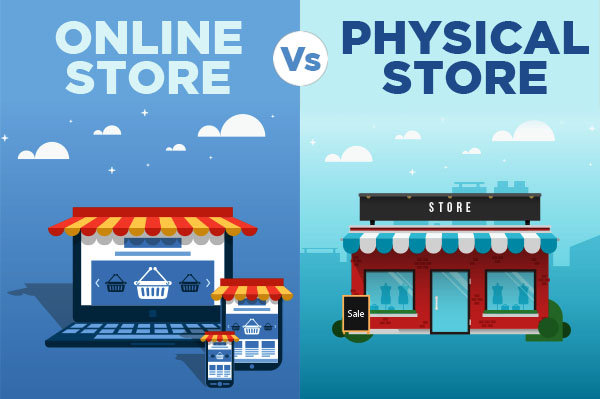
These comparison points are the reason why most of the people prefer to shop online instead of going to a physical store.
| E-Commerce Store | Brick-and-Motor Store |
| E-Commerce store don’t necessarily includes a physical store especially when they start. Instead they have a website. | Brick-and-Motor has an accessible physical store. They might have a website too. |
| E-Commerce stores are more aligned for Omni channel flexibility with multiple payment methods, social media marketing, online chats with customers and shoppers, and mobile apps. | Brick and mortar retailers often struggle to deploy an Omni channel approach to selling their goods and services. |
| E-Commerce stores can do digital advertising. In addition to traditional marketing, this is often more effective as it has a wider reach and greater impact. | Brick and mortar stores would typically use traditional forms of advertising such as television and radio commercials, newspapers, and billboards. |
| E-Commerce stores are open 24/7. Customer can shop whenever and from wherever they want because internet never shutdowns. | Brick-and-Motor store are open at a certain time of the day. |
| While shopping at online shops, one doesn’t have to stop at queues or wait to be served or assisted. | In physical stores, consumers always have to take into account some added hassles of standing in line or dealing with crowds. |
| Online shopping allows you to compare the prices with other online store or physical store. | Whereas, Brick-and-Mortar wouldn’t give you the option to compare prices with other shops. |
| Some products are hard to find, But they are easily available online. | You need to know the right shop, which sells niche products before you can go and buy. |
How to start selling online if you already have a physical store?
There are many top retailers who have their e-commerce business all of these started off as traditional Brick-and-Mortar stores. There are few things you can do to expand your physical store to an online one.
- Pair with a reliable shipping partner for hassle-free shipping of your products.
- Leverage technology and track your customer data with the help of loyalty cards. And then personalize their shopping experiences with that data.
- Use online stores and apps to make the in-store experience more comfortable.
Moreover, there were some brands who established as online stores and now turning towards Brick-and-Motor store to connect with audience.
The physical versions of such stores allow customers to see, touch and experience the products and brands, which they have only seen pictures of. This in turn creates a deeper engagement and increases brand loyalty. You can:
- Offer local pickup after the customer has bought online
- Offer better deals in-store
- Sync your online and in-store efforts (discounts, sales etc.)
Whereas, you can still continue to run your Brick-and-Motor store with E-Commerce store. This will increase your business revenue. Some other ways of aligning your online store with your brick and mortar store would be:
- Sharing credit between your e-commerce and brick and mortar sales to ensure that both your online and physical stores are two sides of the same coin. This can be as simple as crediting your physical store for any online sales that are shipped to their post codes.
- Adopt the “buy online, pick up in-store” strategy.
- Design and promote an app to complement your loyalty programs with special features.
- Encourage shoppers to make returns in-store.
Making it easy for customers to shop will help you increase your sales both online and physically. If a person is already aware of your products quality they mostly shop online instead of going to a physical store and shop. Having a Brick-and-Motor store with an E-Commerce store builds up trust in your brand.
The best platforms of e-commerce
There are a lot of e-commerce platforms available. Here some platforms that have made it possible for businesses to offer personalized online experiences to their customers alongside their physical stores. Making an e-commerce store for a physical store is quite easy if you use one of these e-commerce platforms.
All you need to know is which one suits for you according to your requirements. Have a glance at some of the best e-commerce platforms. This will make it easy for you to choose suitable one for you.
1. SHOPIFY

Shopify enables online retail stores to focus on mobile shopping and social commerce. The platform consistently stayed up-to-date with emerging online shopping technologies and trends. It also allows e-commerce stores to use their social media platforms to attract their customers. Shopify come-up with built-in e-commerce tools and is a self-hosted solution for business owners.
Additionally, Shopify also offers collection of plug-ins, extensions, and themes for building online retail stores according to your requirements. Shopify POS application is available for iOS and Android helps retailers to sell in physical locations including markets, fairs, and pop-up shops. The additional hardware for Shopify POS even supports barcode printing and add-to-card via scanning feature.
So in summary, an online Shopify owner can easily build a bridge between his online and offline stores via Shopify.
2. Magento
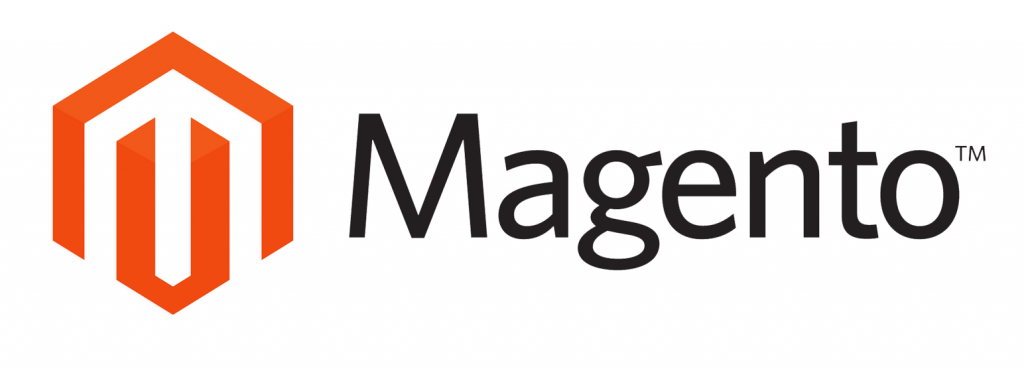
Magento is an open-source e-commerce platform written in PHP. It is one of the most popular open e-commerce systems in the network. It has always offered scalability and reliability to e-commerce stores. Many top reputed brands trust Magento with their online store. It offers unlimited customization, over 9,000 extensions and plugins, and exciting features like social media extensions and themes make Magento one of the most preferred e-commerce platforms.
Moreover, this ecommerce platform provides online merchants with a flexible shopping cart system, as well as control over the look, content and functionality of their online store. Magento offers powerful marketing, search engine optimization, and catalog-management tools. It is also possible to integrate your physical store with Magento by using a POS (point of sale) system and using a store locator.
3. BigCommerce
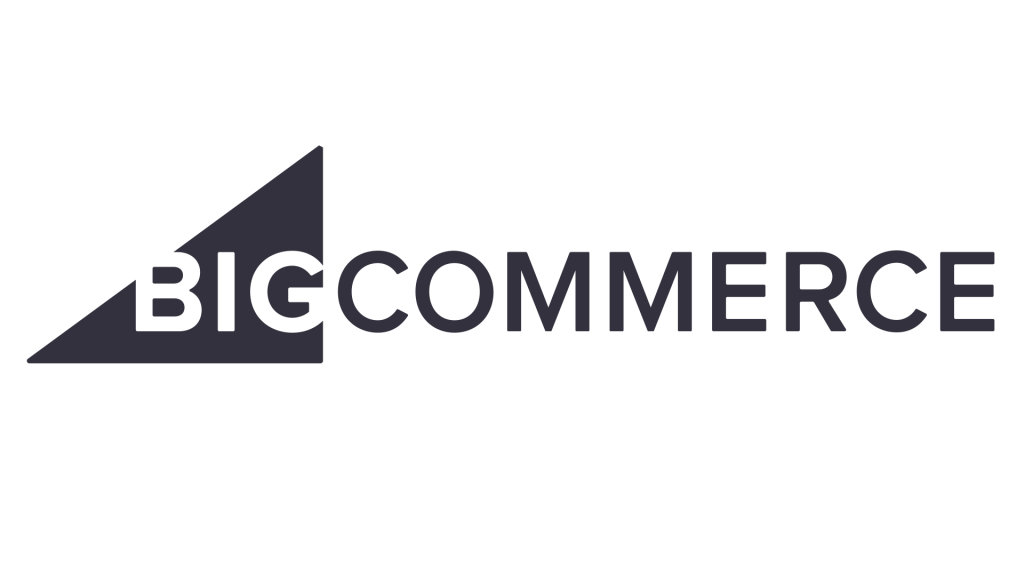
BigCommerce is a privately held technology company and provides a SaaS ecommerce platform. It is a top ecommerce platform which allows you to create an online store, add products, and make money through your website with tons of built-in features, data tools, and much more.
Moreover, BigCommerce is best for fast-growing businesses. It powers more than 55,000 online shopping sites. BigCommerce is suitable for both big and small businesses and also ideal for online retailers who don’t have basic coding skills.
With BigCommerce, e-commerce stores can utilize both its built-in features and integrate their online stores with Google, eBay and Facebook as well. The best part is that BigCommerce doesn’t have any transaction fees. As it allows you to connect your online store with leading point-of-sale solutions like Square and Shopkeep, you will have the chance to combine your webshop with your brick and mortar store.
4. WooCommerce
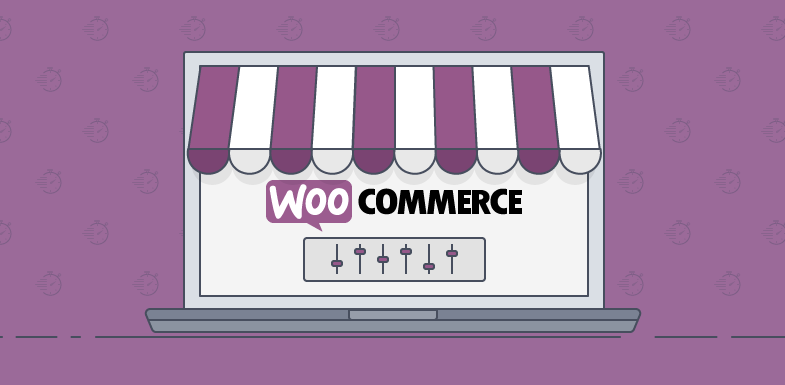
WooCommerce is a flexible open-source e-commerce plugin for WordPress. It is designed for small to large-sized online merchants using WordPress. This most popular WordPress plug-in is for free. And it comes packed with features and perfectly integrated into your self-hosted WordPress website.
Besides this, WooCommerce allows you to add powerful shop facilities to your WordPress website with this free e-commerce plugin. Powering over 24% of all online shops, WooCommerce helps you sell everything seamlessly. WooCommerce supports various POS plugins (i.e. Lightspeed and WooPOS) that help you integrate your online and physical sales channels.
5. PrestaShop
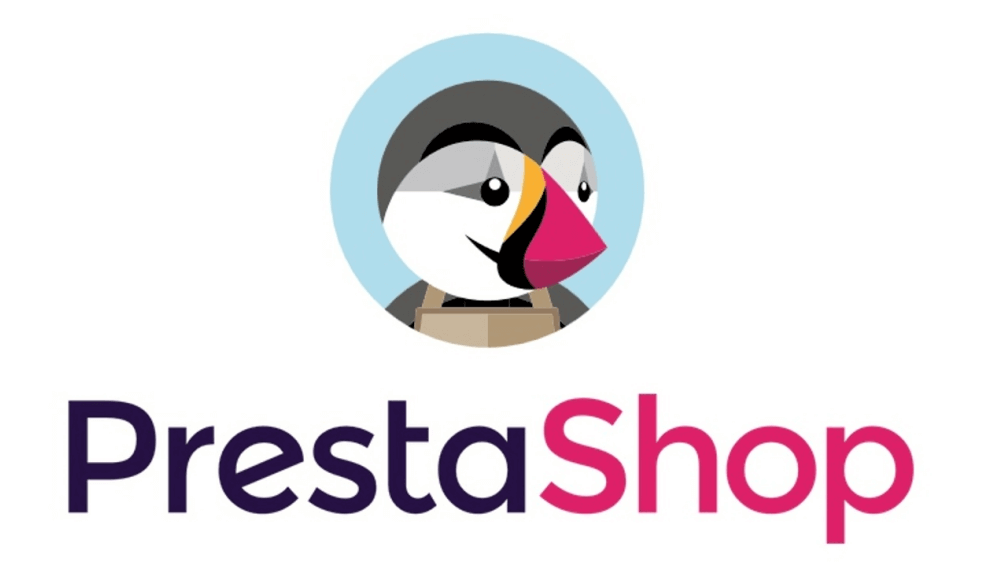
PrestaShop is a freemium, open source e-commerce solution. The software is published under the Open Software License. It is written in the PHP programming language with support for the MySQL database management system. PrestaShop is currently used by 300,000 shops worldwide and is available in 60 different languages.
Moreover, PrestaShop’s aim is to provide world-class e-commerce solution through open source innovation. The company provides software that allows you to have a fully functional online store at the lowest cost possible.
Also it is the proud winner of the 2014 Best e-commerce Solution for SMB, from CMS Critic. PrestaShop Modules shop accommodates several points of sale applications such as Rock POS, Dejavu and Idnovate that will enable integration between your online and offline channels.
SUMMARY
All the above mentioned platforms are just amazing in one or the other way. Every platform has their own built-in features or plug-ins is available to make it look like the way you want. You can easily build your own website from scratch according to your requirements.
They all have the capability to scale, unify, and maintain core e-commerce business operations including front-facing selling of products and services and taking care of the back-end functions of managing inventory and customer order history etc.
Will e-commerce takeover physical stores?

There must be some challenges for the brick and motor store and online retail has made its impact felt for sure; but that’s not the end to brick-and-motor store. Just not forget that e-commerce and brick-and-motor stores have same goals. Both of these platforms sell goods and services. And both have same principle which is customer satisfaction. Therefore, for any platform to be successful it’s important to attract customer and keep them loyal.
The biggest disadvantage of e-commerce is the advantage of brick-and-motor. Face to face interaction with the customers you will be in better position to use your selling techniques and make the customer buy your product. On the other hand, what acts in favor of a digital store is technology. Digitization is something, which is not only popular today, but also useful, and businesses are beginning to understand this fact.
Whereas, e-commerce is growing consistently, but you cannot decide who wins the battle of E-Commerce VS Brick-and-Motor store. Today’s retailers have come to realize that, to properly compete, they need to have a presence everywhere, both online and offline. Hence, it’s not about choosing the channel of retail business it’s all about discovering the methods that help retailers understand the needs of their consumers and brings the best service to fulfill those needs.
CONCLUSION
When you compare E-Commerce VS Brick-and-Mortar stores there are lots of pros on both sides. Even though online shopping is expected to grow, that doesn’t mean that physical storefronts will disappear altogether.
Whereas, lots of brick and mortar stores are making good use of retail trends to stay competitive. That includes multi-channel selling, where the business is conducted not only in person but is expanded so that customers can buy directly through their website, through social media platforms, and also through bigger e-commerce marketplaces.
The important thing to remember here is that no matter how shopping changes, some things will always be important, and that are;
- The importance of data and data analysis
- A personalized shopping experience
- Engaging relationships with your customers,
- Streamlined and technologically savvy business process
As long as you have these, e-commerce vs brick and mortar doesn’t matter, success for your business will be guaranteed!
